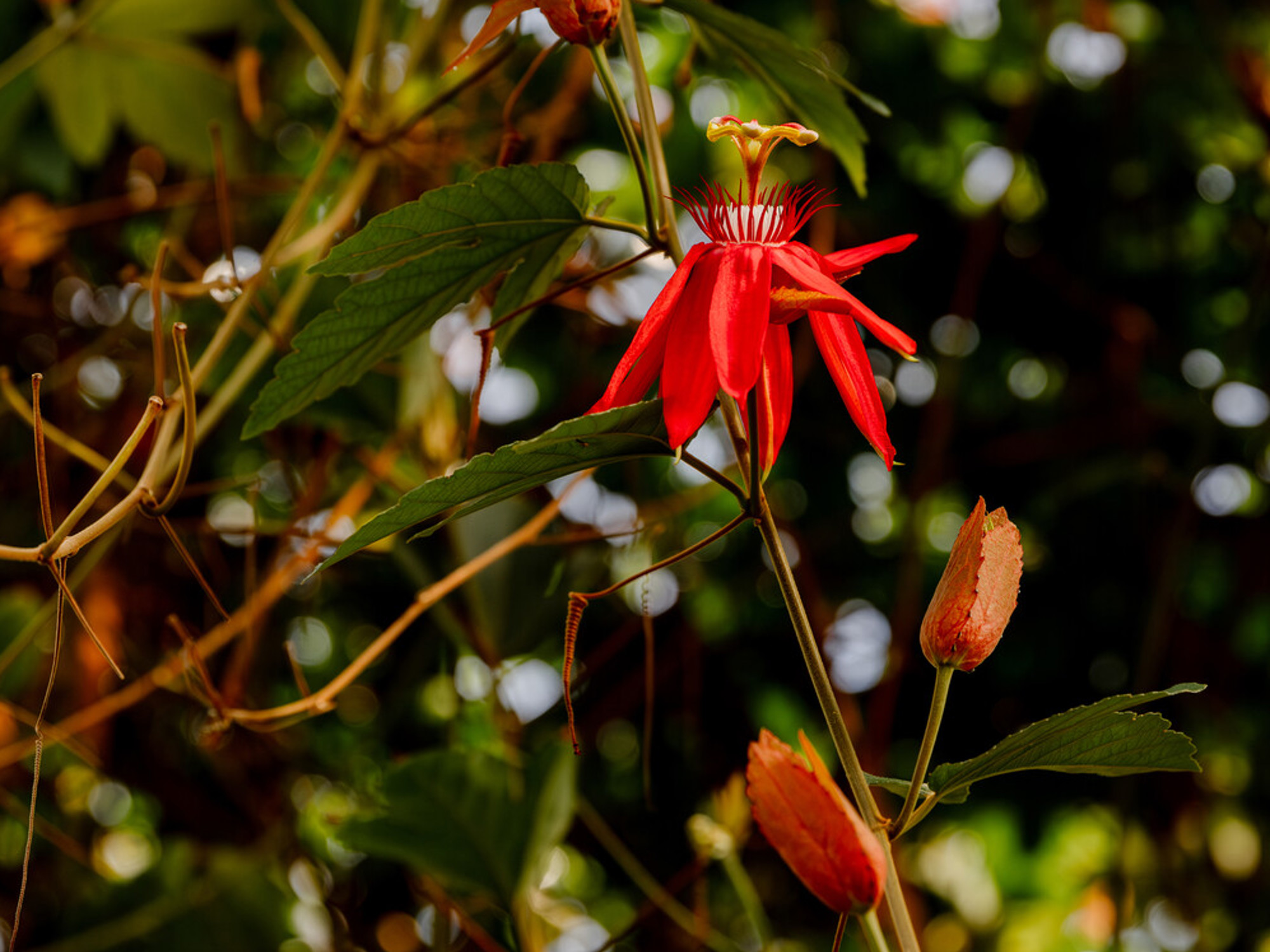Dr Mark Watson, Taxonomy and Macroecology Lead
I have over 30 years’ experience in floristics, plant systematics, botanical nomenclature and biodiversity informatics. My work is centred on the Sino-Himalayan region, especially Nepal, where I collaborate with international and in-country partners and local communities to generate high quality data and knowledge products to support plant conservation and the sustainable use of plant resources.
Although I specialise on the floristics of Himalayan countries and China, I collaborate with scientists worldwide and have led botanical expeditions to other temperate regions. I also maintain monographic research interests in the plant family Apiaceae (Umbelliferae). During my career I have been an author and editor for Flora of Bhutan (completed 2002), and an author and member of the International Editorial Board of the Flora of China (completed 2013). Currently I am Editor-in-Chief of the Flora of Nepal and Associate Editor-in-Chief of Flora of the Pan Himalaya. My major responsibilities include: managerial and leadership roles; project development, funding and delivery; international partnership development, diplomacy and advocacy; and floristic and botanical history research. I am active in the international governance of botanical nomenclature and in the application of biodiversity informatics for the digital management of floristic data. Virtually all the projects I am involved being ‘born digital’, and I play a lead role in the World Flora Online.
My research aims to:
- Lead in the innovative development of e-Floras through Flora of Nepal (a pioneer ‘born digital’ Flora) and global initiatives such as World Flora Online and the Flora of the Pan Himalaya.
- Understand and open up the work of historical collectors in Nepal and India (e.g. Francis Buchanan-Hamilton and Nathaniel Wallich), interpreting and mobilizing their data as a foundation for botanical research.
- Complete the Flora of Nepal through traditional ‘taxon-based’ approaches and ‘demand-led’ treatments of user-led priority groups, such as medicinal plants.
- Integrate high quality, scientific data into international development programmes – empowering local communities to make the right livelihood choices.
- Take an active role in the ‘modernisation’ of botanical nomenclature, through Special Committees on e-Publication, Registration, etc.
Orcid Profile: 0000-0002-4989-3976
Contact: m.watson@rbge.org.uk

